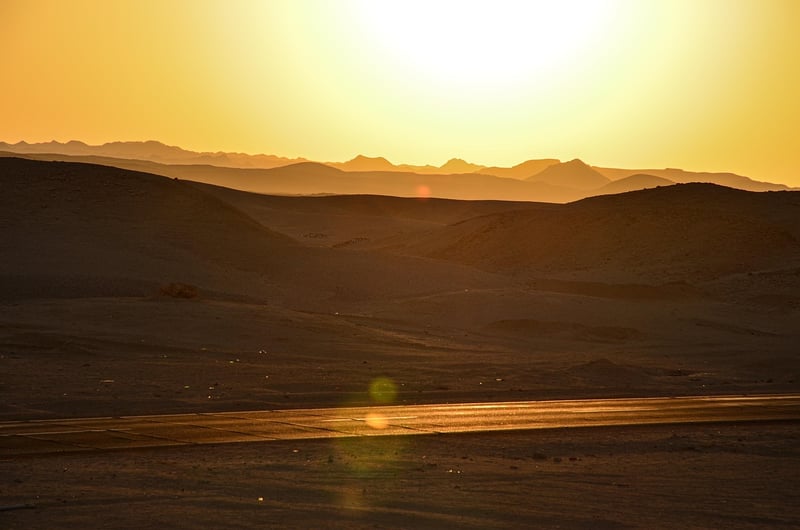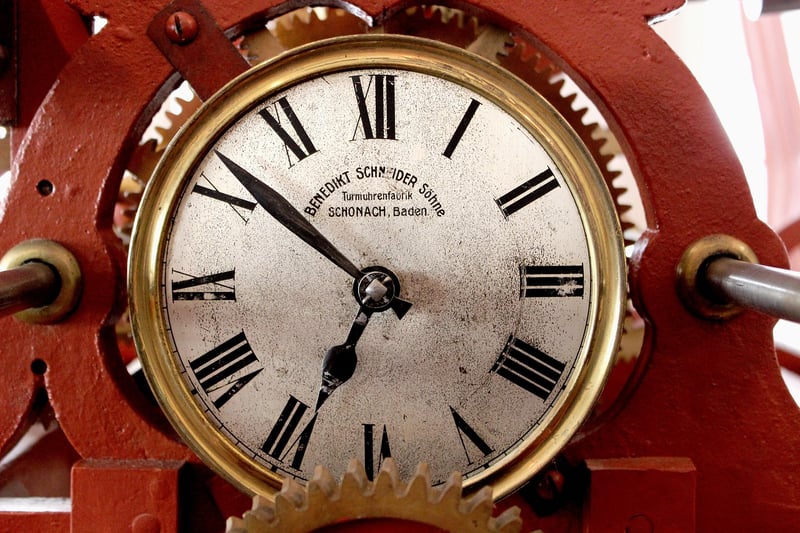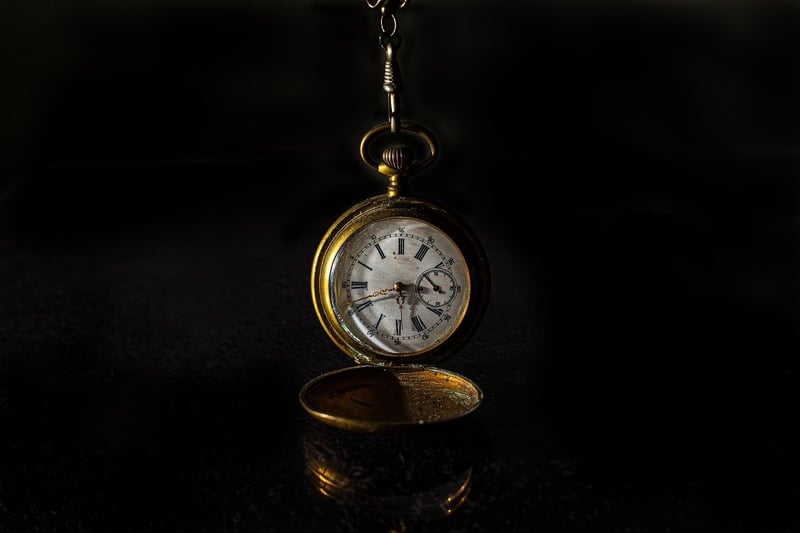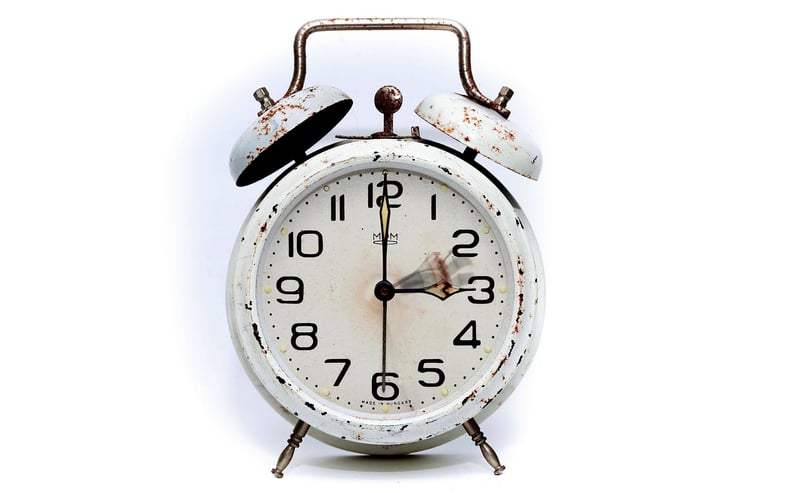Future Exploration
Exploring Time Periods and Future Exploration
Introduction
Time has always been a fascinating concept for humans. From ancient civilizations to modern-day explorations, the idea of understanding time and its impact on our lives has been a driving force for exploration.
Ancient Civilizations
Ancient civilizations like the Egyptians, Greeks, and Romans had their unique ways of measuring time. The Egyptian sundial, the Greek water clock, and the Roman calendar are all examples of how our ancestors tried to make sense of time.

The Middle Ages
During the Middle Ages, advancements in astronomy and mathematics led to more accurate timekeeping. The development of mechanical clocks revolutionized how people organized their days and scheduled activities.

The Industrial Revolution
The Industrial Revolution saw the mass production of clocks and watches, making timepieces more accessible to the general population. This period marked a significant shift in how people perceived and utilized time in their daily lives.

Modern Times
In the modern era, atomic clocks and digital timekeeping have taken time precision to new heights. Technologies like GPS have enabled us to navigate the world with incredible accuracy, all thanks to our understanding of time and space.

Future Exploration
As we look to the future, the exploration of time continues to intrigue scientists and researchers. Concepts like time travel, the nature of time in the universe, and the possibility of parallel universes are all areas of active exploration and debate.

Conclusion
Exploring time periods and future possibilities not only expands our knowledge but also challenges our understanding of the world around us. Whether looking back at ancient civilizations or contemplating the mysteries of the future, the concept of time remains a timeless subject of exploration.
